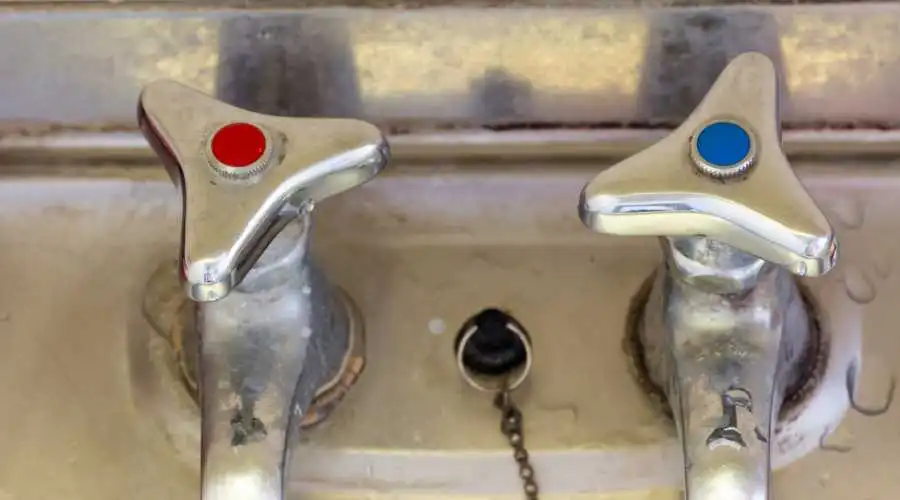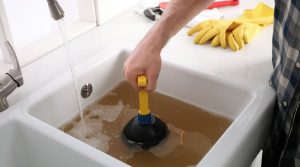If you need convincing that summer will last forever, simply consider the difficulties imposed on by the dramatic weather shifts of recent years. Take a few minutes to check for any problems as summer gives way to fall before you turn on the heater again.
It is generally agreed that climate change is responsible for the increased frequency of weather extremes, thus we should be ready for everything.
It is not uncommon for boilers to break down in the fall, when people turn their heat back on after having it off all summer. If you take preventative measures now, there will be less of a chance that anything will break down just when you need it.
All of these are options open to you.
1. Turn on the heat (for a little while) right away.
It may seem wasteful to turn on the heater during the spring and summer months, but doing so once or twice a month can help keep your boiler in tip-top shape by activating all of its parts and revealing any problems when they’re most easily fixed.
2 Make sure every radiator is checked and bled.
A radiator with too much trapped air will not heat as efficiently in cold weather, although using the same amount of energy. You can tell whether yours are damaged and if it’s necessary to bleed them on a regular basis by turning on the heating and monitoring how consistently they heat. After you’ve given them a once over, turn them on before you turn down the heat for the season. Those who only apply heat from below need to be bled. To finish it, just follow these easy steps. Sludge in the system could be the cause of cold spots, hence a powerflush is recommended.
3. Schedule regular boiler inspections.
Before turning on the heat again, it is recommended that you have your boiler serviced. All of your working parts and configurations will be scrutinized, and any issue spots, such sludge accumulation, will be identified and fixed immediately. Having your boiler serviced in the summer is cheaper, so it all works out.
4. Have a look at the outside plumbing.
When temperatures drop, pipe freezing is a common problem. Your boiler’s condensate pipe works the same way. Each joint needs to be inspected for areas of weakness and signs of degeneration, and those that are found need to be either replaced or fixed. Lag the pipes to keep the cold out even more. Given that frozen pipes can lead to flooding and boiler failures, it makes perfect sense to laminate right now. If you have sluggish pipes, check to determine if they can be repaired or replaced.
5. Think about turning off the water supply.
In the event of a flood or leak, the water supply should be turned off immediately. Finding out during a crisis that something is a) difficult to reach or b) difficult to turn is not ideal. You should quickly locate your tap’s stop and ensure it spins freely. If the roof ever starts to leak, you’ll be glad you did this. Consider installing a Sure Stop, a remote stop tap that can be placed in a more convenient area and is actuated by a simple switch, if the current tap is inconveniently placed or hard to reach.
You should install a separate stop tap or valve on the supply line leading to your outside faucet in case you ever need to turn off the water supply to the fixture. This means that you won’t have to turn off the water to the entire house if a pipe freezes and a joint bursts. If it doesn’t have a finish by winter, you might want to think about applying one.
6. Checking the carbon monoxide detector.
Fortunately, carbon monoxide poisoning is uncommon, so you shouldn’t have to worry too much if you properly maintain your gas appliances by having them serviced by a technician. However, it is still conceivable, and if your boiler’s chimney is blocked, turning on the heating in the fall could put you at risk. There should be a carbon monoxide detector in every home to warn of gas leaks. If you have a battery, check to see that it is fully charged and functioning. If you don’t have one, you need to obtain one immediately.
Money saved, boiler malfunctions avoided, emergency damage mitigated, and lives saved are all possible outcomes of adhering to these safety guidelines. All of them are simply sensible measures. Well worth setting aside a couple hours for right now.






